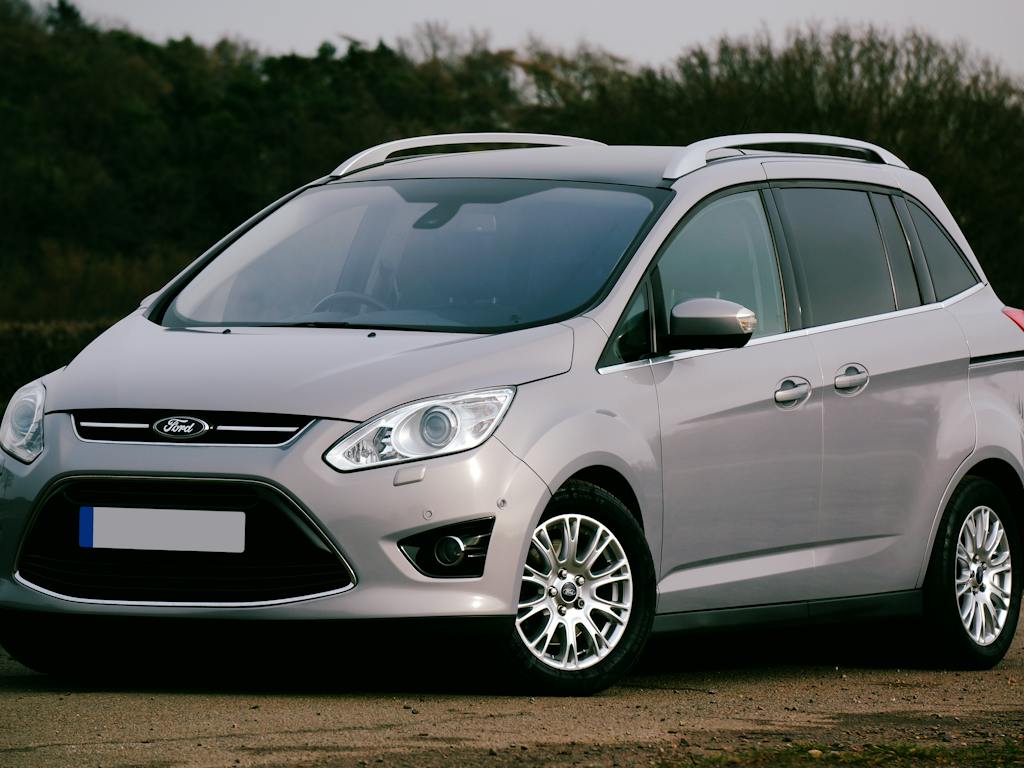Auto insurance can be confusing, especially when it comes to understanding the terminology. There are many terms used in auto insurance policies, and understanding them can help you make more informed decisions when purchasing coverage.
Liability Coverage
Liability coverage is one of the most common types of auto insurance, and it is required in most states. This coverage helps pay for damages or injuries you cause to others in an accident. If you are found at fault in an accident, liability coverage will cover the cost of repairs to the other party’s vehicle and any medical expenses they incur. However, it does not cover your own vehicle or injuries.
Deductible
A deductible is the amount you pay out-of-pocket before your insurance coverage kicks in. For example, if you have a $500 deductible and your car sustains $2,000 worth of damage in an accident, you will pay the first $500, and your insurer will cover the remaining $1,500. Choosing a higher deductible can lower your monthly premium, but it also means you’ll pay more upfront in the event of a claim.
Coverage Limits
Coverage limits refer to the maximum amount your insurance company will pay for a covered event. For example, if you have a liability policy with a $100,000 coverage limit, the insurer will only pay up to $100,000 for damages or injuries caused by an accident. Any expenses beyond that limit would be your responsibility. It’s important to choose coverage limits that adequately protect you from potential financial loss.
Comprehensive Coverage
Comprehensive coverage is an optional form of auto insurance that protects your vehicle from non-collision incidents. This can include damage caused by weather events, theft, vandalism, or hitting an animal. Unlike collision coverage, which only covers damages resulting from a crash, comprehensive coverage offers broader protection for your car.
Collision Coverage
Collision coverage is another optional type of insurance that helps pay for repairs to your vehicle after an accident, regardless of who is at fault. If your car is damaged in a crash, collision coverage will cover the repair costs or the replacement value if the car is deemed a total loss. This coverage is particularly important if you drive a newer or more expensive vehicle.
Understanding common auto insurance terms can help you make better decisions when choosing a policy. By familiarizing yourself with terms like liability coverage, deductible, coverage limits, and comprehensive and collision coverage, you can ensure that your policy provides the protection you need.

